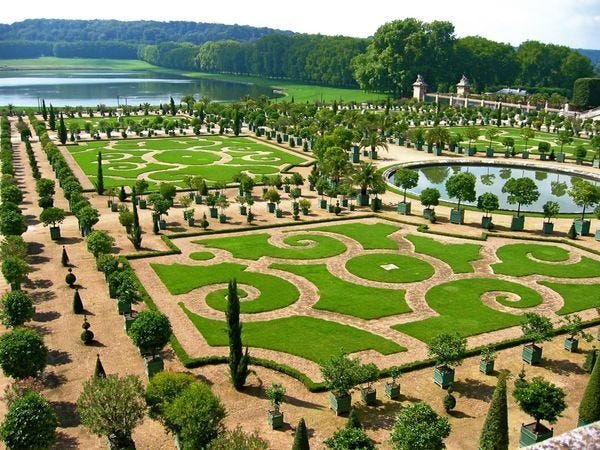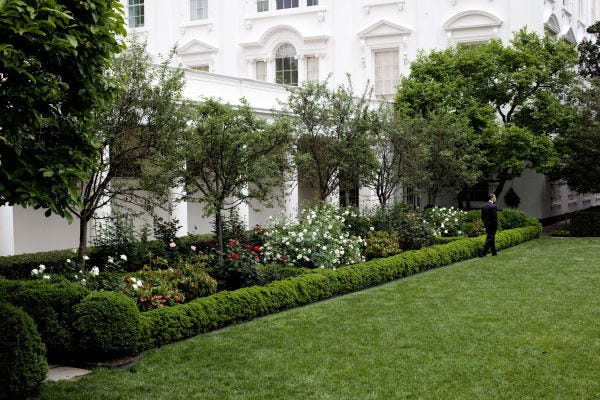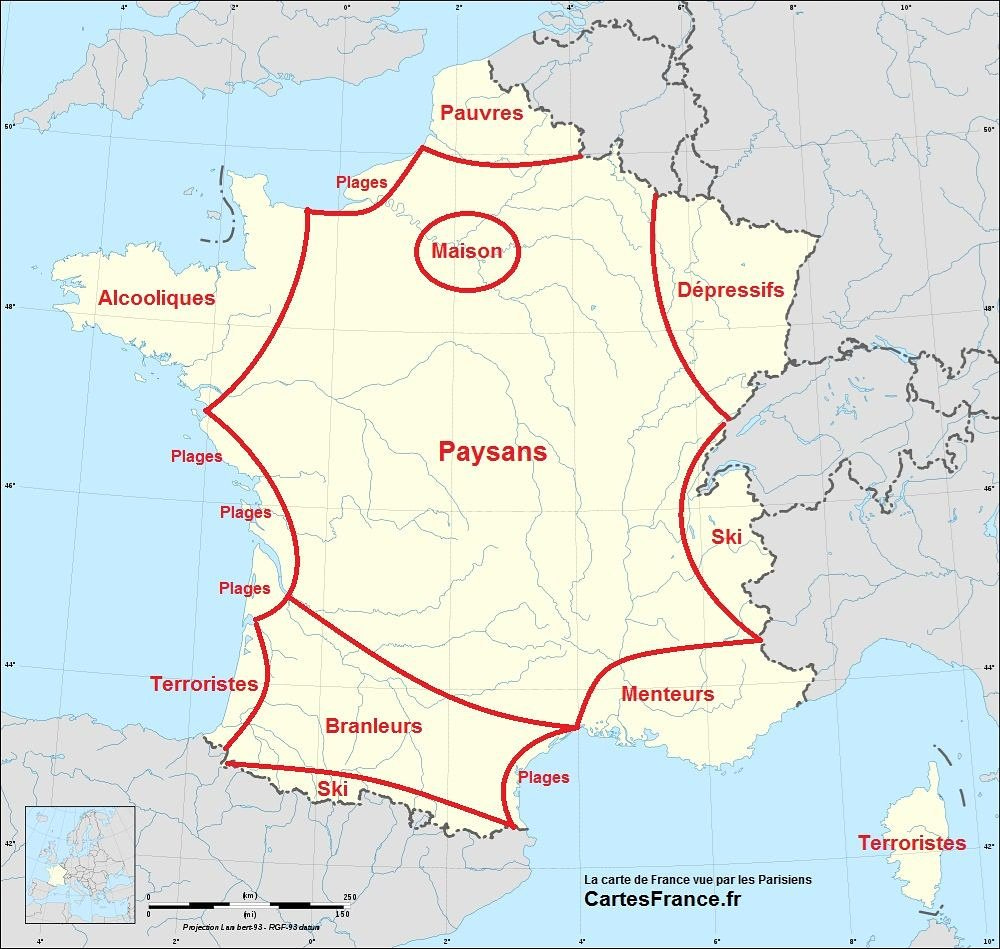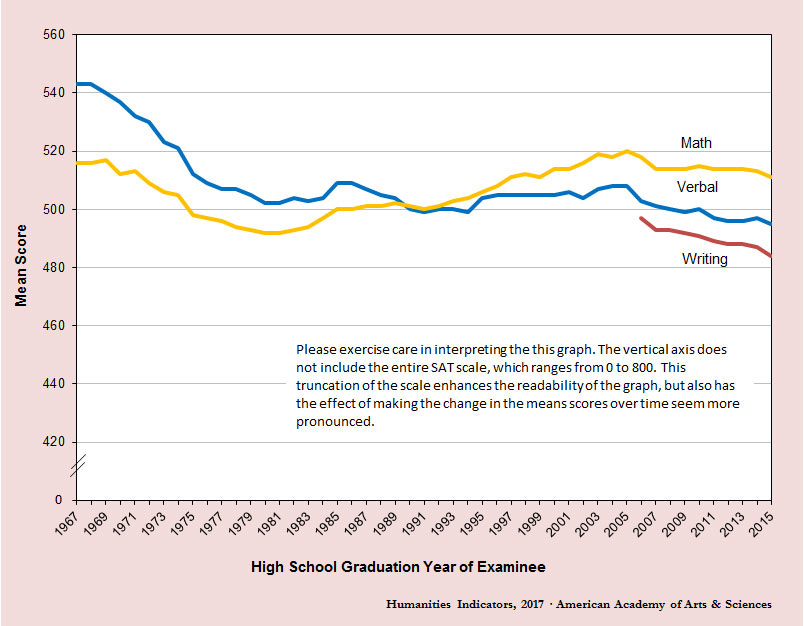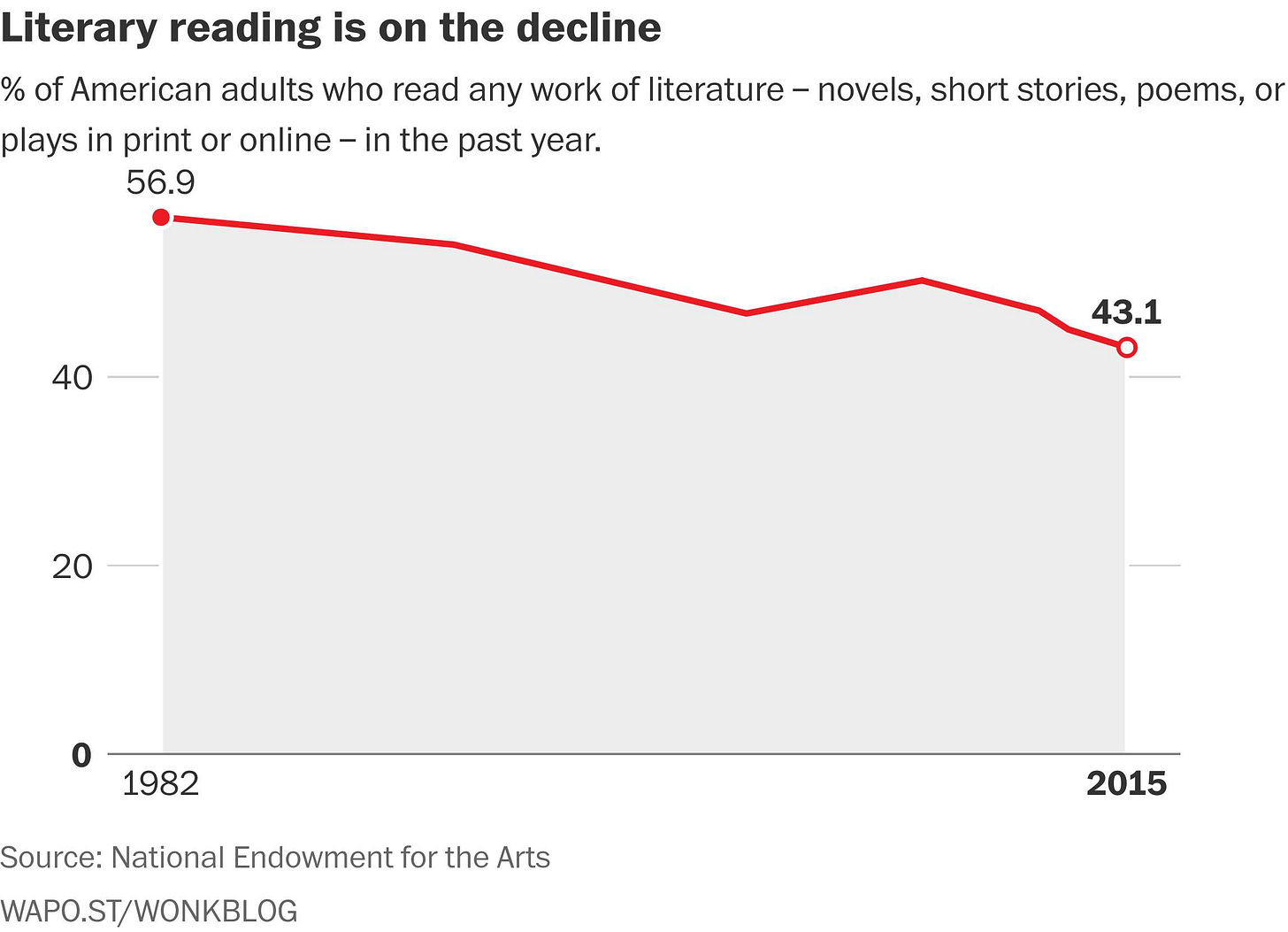This special and exclusive issue of Claire Berlinski’s Invariably Interesting Thoughts has nothing to do with the tribulations of liberal democracy. I wrote it by accident, in fact. I had meant, when I sat down this morning, to share with you a chapter about language, democracy, and education. But somehow I wrote this, instead.
These things happen.
Unsure what to do, I decided this would become a bonus newsletter for my very favorite and most loyal readers.
If you’ve paid for this newsletter—in any amount, ever—enjoy!
If you’ve been reading without paying, that too is absolutely fine—although of course it would be even more fine if you paid. But this installment of the newsletter is only for paying readers. Don’t worry, you won’t miss anything crucial to the argument by missing it. You’ll just miss a bit of fun at the expense of the French—and Tucker Carlson.
So, non-paying readers: Kindly avert your eyes, delete this message, and wait for the next episode, in which we return serious contemplation of the agonies of liberal democracy and the rise of Caesarism. (You may even receive that today. It just needs some proofreading.)
Step back, steerage class! The rest of this newsletter is behind the curtain of honor. Don’t even look, you wastrels!
(It’s not too late to fly elite. Wouldn’t you like to discover what I hide behind the curtain of honor?)
THE CURTAIN OF HONOR DESCENDS
Tucker Carlson prompted me today to think about the degradation of our culture and with it our minds.
This is a remarkable exchange in so many ways. Beyond the obvious, note the inappropriate sports metaphor: “Root for Russia.” As if it were a soccer team.
Consider the subtext: Ordinary Americans, real Americans, don’t care what happens beyond our borders. Only elite poseurs are interested in “esoteric border wars" in Europe. It’s fine, even patriotic, not to know the difference between Russia and Ukraine or to care. Indeed, if you know anything at all about this conflict, you must not be a real American—because real Americans, authentic Americans, are proudly ignorant. Ignorance and indifference are to be celebrated as authentic American values.
Unusually nihilistic, even by his standards.
It’s a form of blackmail, too, this esteem of ignorance. Carlson is inviting anyone who can find Ukraine on a map to exhibit (justified) contempt for him. What will he say in response? I guarantee it: “Your contempt for ordinary Americans is why you have Trump.”
I noticed this ascendent strain of faux-populism in American culture when Sarah Palin burst onto the scene. As I wrote about her ghostwritten autobiography,
… something has happened to American culture that is even more worrying than a loss of literary discernment, and that is a loss of irritation with the sound of clichés, which in turn represents a loss of emotional shrewdness. The very qualities in this book that should give readers the creeps are those intended to persuade them that Sarah Palin is unusually forthright.
The same sense of puzzlement is prompted by watching Tiger Woods apologize for his hooker habit. Viewers should be falling off their chairs sniggering at this exercise. To anyone whose ear is even remotely attuned to emotion, it is obvious that the real purpose of the clichés he uses is not to express authentic sentiment but to hide as far as possible from it. Yet spectacles such as Tiger Woods’ apologies and Sarah Palin’s apologia—both of which obviously could not be more empty—seem paradoxically to persuade certain members of the public that they have genuinely achieved intimacy with them. The concern is not so much that this represents bad taste as that it represents a deep cultural confusion about the sound of an honest voice. This cannot be a healthy sign.
And why, indeed, should anyone wish to feel intimacy with a politician? The collective American desire for an “authentic” president, as opposed to a presidential president, is more than passing strange, seemingly the expression in psychic terms of a primitive but very powerful form of radical egalitarianism—a kind of communism of the soul. What is primitive communism, after all, whether in the Gospels or the Soviet Union, but a commitment to the thesis that no one is any better than anyone else, and no one should aspire to be? Yet it is self-evidently true that anyone who would be good at being the president of the United States would be vastly more impressive than an average person. The healthy desire for one’s leaders to empathize with ordinary people has been conflated with the desire for a leader who is an ordinary person. No sensible patient would choose his cardiovascular surgeon on the grounds that the man seemed like an average, forgetful klutz. When it comes to certain jobs, most would acknowledge they are best done by those on the very far side of the Bell Curve.
Yet even on her own terms—“being real”—the Sarah Palin of this book fails. “Real” is now habitually conflated with “vulgar,” and signified by the least real of things—a cliché.
It is unwholesome, I wrote, for educated people to be so blackmailed by the fear of sounding cosmopolitan and elitist that we cannot say what is manifestly obvious. It is manifestly obvious that a man who has no idea what distinguishes the country that has invaded its neighbor from the country that has been invaded should not be an American news show host. It is manifestly obvious that a man who doesn’t know or care that ten million Ukrainian men, women, and children perished in Joseph Stalin’s genocidal terror famine—a demographic catastrophe unprecedented in peacetime—should not be our intellectual model. It is manifestly obvious that a man whose views are “I don’t care!” should not be our moral model, either.
On the dissolution of the Soviet Union, Ukraine surrendered the third-largest nuclear weapons stockpile in the world in exchange for written assurances that it would not be subject to threats or use of force against its territorial integrity or political independence. I reckon Tucker Carlson knows this very well. It should be manifestly obvious to his viewers that Carlson’s pretense of ignorance is phony, and his contempt for viewers who believe it sincere is complete. Carlson began his career as a fact-checker for Policy Review, and had a long career in legitimate journalism. It is simply not credible that he has no idea why our policy favors Ukraine and not Russia. He is not “sincerely confused.” His loud, slovenly anti-intellectualism is an utter pose.
It is manifestly obvious why decent people should not “root for” Russia to re-enslave Ukraine. It is abundantly obvious. This entire exchange is a fake—and it is puerile, vulgar, stupid, degraded, and deplorable. Anyone who watches this show and finds much to admire in Tucker Carlson’s views is deplorable. To revel in ignorance and nihilism is deplorable.
Yet Carlson and the populist movement he represents have somehow maneuvered themselves into a position such that they revile anyone who points this out as a snob.
Carlson is exploiting of one of America’s’ finest traits—its profound, ideological commitment to egalitarianism. This commitment runs so deep that we are unable frankly to confront our stupidity, provincialism, and vulgarity.
Why? Because stupidity, provincialism, and vulgarity are traits of the uneducated. The United States has a massive, uneducated, and near-feral underclass. We all know this. Thus, given our ideological commitment to equality, we’ve faced a choice. We might have concluded that we had best do a better job of educating our citizens and preserving our civilization, lest we all become ravening morons. Instead, we’ve told ourselves that there is nothing inherently better about being educated and civilized. In that fashion, we have persuaded ourselves that we have not failed: We are still all equal.
It is a noble ideal, and we are right to hold it. It is perverted, however, when we pretend that this means that the low, crass views Tucker Carlson pretends to hold are equal to those of an educated and moral man. They are not. A man who sincerely holds what he pretends to believe should be rescued from his ignorance, not cherished and fetishized for his noble savagery.
There is nothing wrong with demanding—indeed, it is a positive good to demand—that other Americans, and particularly public figures, speak and comport themselves with reason, dignity, and care. There is nothing noble about wallowing in ignorance. It does not make you a better or a more authentic American.
Real Americans are educated and literate. Real Americans care about people in places like Ukraine—and, for that matter, Afghanistan—because, as Gladstone said in his Midlothian campaign, “the sanctity of human life in the hill villages of Afghanistan among the winter snows, is as inviolable in the eye of Almighty God as can be your own.”
Nothing promotes mirth at the expense of the French so much as the Académie française, with its incessant rearguard action to protect the French language against invasive weeds like “happy hour,” “brunch,” and “hashtag.” When the Immortals of the Academy convene to issue an edict—wearing solemn black uniforms embroidered with green and gold olive branches, a feathered bicorn, carrying swords—it’s reliably good for a snigger in the Anglophone press.
Journalists must keep the same linguist on speed-dial just for this purpose, because the articles always say the same thing: “according to linguists,” the Academy’s efforts are “futile,” because “language evolves” and “there is no such thing as the ‘correct’ way for native speakers to speak their language.” The article will intimate that the French are just bent out of shape because English has overtaken French as the world’s lingua franca, and French scrupulousness is really about envy of the United States, or anxiety about France’s declining status in the world. The Academy has reliably been good for a yuk since 1755:
Dr. Adams found him one day busy at his Dictionary, when the following dialogue ensued. …
ADAMS. But, Sir, how can you do this in three years?
JOHNSON. Sir, I have no doubt that I can do it in three years.
ADAMS. But the French Academy, which consists of forty members, took forty years to compile their Dictionary.
JOHNSON. Sir, thus it is. This is the proportion. Let me see; forty times forty is sixteen hundred. As three to sixteen hundred, so is the proportion of an Englishman to a Frenchman.
—Boswell: Life
I hereby rise to the defense of the Académie française.
Its edicts are mere recommendations. They are not backed by the force of law.
But they should be, and any Frenchman who says “le software” when he means “le logiciel” should be hung by the neck until dead. It would take no more than a handful of public executions pour encourager les autres.
The linguists are wrong. Languages do not naturally evolve. They devolve, a point I can prove in two words:
Lincoln—>Trump.
And French, in particular, did not evolve. The French have always been brilliant, ruthless centralizers. They created the French language and then policed it to serve distinct political and civilizational aims. The French language is to the French as the Constitution is to Americans. If a Frenchman takes a lax attitude toward conjugation or confesses he just can’t see what the big deal is about Ronsard, it has precisely the effect it would if I tweeted, “For God’s sake, we can’t be serious about the Bill of Rights, can we?” (And frankly, the First Amendment is an impediment to doing the needful. Congress must pass a law banning the use of the word “like” as an interjection. If they ban that, the use of the word “impacted” to describe anything but a colon, and uptalk—and if they throw anyone who says “I’m just speaking my truth” in a Supermax—we’ll be well on the way to making America great again.)
French descends from vulgar Latin, as all the romance languages do. At the beginning of the 16th century, Latin was the language of diplomats, theologians, philosophers, and jurists; Italian, not French, the language of sophisticates. In 1539, Francis I ousted Latin and declared French the official language of administration and court proceedings. Louis Maigret set to work on the first official French grammar, published in 1550. The Valois dynasty lent its patronage to the Pléiades, 16th-century French poets determined to create a language worthy of the highest literary expression out of the dipthonged and barbarous gobbledygook the French then spoke. It was to be a perfect language. It would devolve from the entire corpus of ancient literature. Led by Pierre de Ronsard—the so-called Prince of Poets—the Pléiades envisioned a poetic and vernacular language that would exceed Italian in not only in beauty, but in elegance, precision and sophistication. Joachim du Bellay published their manifesto in 1549: The Defence and Illustration of the French Language.
We have no recordings of French as it was spoken before, but we know it was ugly. (To say that all languages are equally beautiful, or that these aesthetic judgments are arbitrary, is absurd. If the word “beautiful” meant nothing, we wouldn’t need a word for it. Siberian tigers are more beautiful than earthworms. Bach’s Air on the G String is more beautiful than Miley Cyrus’s Malibu. Some vowels and phonemes are ugly. Some languages are ugly. These judgments are cross-cultural: If you doubt it, find me someone who believes Cantonese is the most beautiful spoken language in the world. I’ll wait.)
Modern French isn’t ugly. It is beautiful. The diphthongs were eradicated, resulting in the pure vowels the French so cherish. Listen to this Ronsard sonnet, for example:
Like Shakespeare, it loses everything in translation. Here are a few efforts. As you’ll see, it just sounds stupid in English—except in Yeats’ version, which has little to do with the original. Shakespeare sonnets sound just as preposterous translated into French.
But there is an important difference between Ronsard and Shakespeare. (It goes without saying that Shakespeare is by far the greater poet.) The difference: I can read Ronsard without a glossary. I can’t do that with Shakespeare.
The Academy, and the value the French place upon preserving their language and speaking properly, has a civilizational benefit that Anglophones have failed to understand. French has changed very little since the time of Ronsard. English changes so quickly—and of late, mostly for the worse—that American high school students find most literature written before the invention of the smartphone baffling. If you cut a people off from their literature, you sever them from their civilization; in fact, this was exactly what Atatürk intended when he Romanized the Turkish alphabet and enacted the öz Türkçe linguistic reforms: to permanently to orient the infant Republic to the West and sever it from the Islamic world. It worked, but at a tragic cost.
The story of the Academy is yet more misunderstood. The French we now speak was once a dialect spoken only in the Île-de-France. The Académie française was created during the Grand Siècle, under the reign of Louis XIII, by Cardinal Richelieu. It was charged with “giving precise rules” to the French language and “making it pure.”
The easiest way to understand this ambition is to study a French garden. Like all French traditions, French gardening achieved its clearest expression in the seventeenth and eighteenth centuries under Louis XIV and Louis XV. Consider the gardens of Versailles, designed by André Le Nôtre. French gardens are situated on a symmetrical axis on a flat terrain, and from above, they look like this:
English gardens, by contrast, are gloriously mad:
French gardens were expressions of absolute monarchy. They served to demonstrate that Louis XIV could and would impose his will not only on his people, but upon nature.
The Academy was charged with creating the linguistic version of the garden you see above: It was to be orderly, clear, logical, regular, and structured. There are distinct paths. There are designated areas for leisure, and leisure is not to be enjoyed anywhere else. You will notice, if you visit the Jardin du Luxembourg, that the most alluring lawns are forbidden. The signs that say “Pelouse Interdite” are for you, because the French do not even need to be told that there is one lawn, and only one, for picnicking and throwing a frisbee; the others are to be kept pristine.
Needless to say, Americans don’t grasp this intuitively, and find it baffling that such beautiful lawns are absolutely free of anyone having fun on them.
Indeed, Americans find the idea of disciplining a language as absurd as the idea of disciplining a tree. They can’t figure out why the Parisians are always clipping, pruning, torturing, and humiliating the trees on their famously tree-lined avenues, as if they were poodles.
The White House garden is as formal as it gets in America, but it clearly represents the idea that it’s “futile” to discipline a tree. Trees, for us, just “grow naturally.” A hedge, maybe you can prune that—but we let the trees do their own thing:
The problem with this thesis—language just evolves, it’s pointless to object—is that it’s wrong. The reinvention of the French language achieved precisely what it was intended to do. During the 17th century, French replaced Latin as the most important language of diplomacy and international relations and retained this role until the middle of the 20th century, when the United States became the dominant global power. If you think English is here to stay in that role, think again. Look at demographic projections for Africa. Much of Africa is Francophone.
Most importantly, these reforms created France, which in 1789 was a congeries of autonomous provinces, foreign enclaves, and personal fiefdoms, all babbling in their own strange tongues. Half of France did not speak French at all. It was only when Napoleon built his empire that France was annealed, by force and by French.
The program of eradicating all the minority and regional languages began in 1794, with Henri Grégoire’s “Report on the necessity and means to annihilate the patois and to universalize the use of the French language.” Public education was made compulsory; teachers were despatched to regions that refused to speak the Ile-de-France dialect under orders to inform students their dialects were inferior and they should be ashamed. It worked, although the Basques and the Corsicans—well, you can see from this map, which is pretty much accurate, are still a little slow on the uptake:
Glossary:
pauvre=poor;
paysan=peasant;
plage=beach;
branleur=wanker;
menteur=liar;
ski, alcoolique, depressif, terroriste=just what they sound like.
So the French language “evolved” about like Napoleon “evolved” to Borodino. The French nation—and empire—were built of two things: the business end of a rifle and the French language.
This is why saying, “I’ve never read a word of Ronsard” in France is like saying, “Thomas Jefferson? Who’s he?” If you are in any doubt of this, or think I exaggerate, consider Macron’s March 2018 speech to the Academy. (Google Translate does a good job of it.)
Now you know everything you need to know to understand why the first few minutes of this video are so funny:
(The Bescherelle is the authoritative guide to French conjugation. Brice Hortefeux was France’s first Minister of Immigration, Integration, National Identity and Cooperative Development.)
The French are right about the importance of speaking properly. French children are nagged incessantly about enunciation, speaking clearly, grammar, and word usage. French adults nag each other. They believe—and they are correct to believe—that a great deal of effort went into creating of their language a beautiful and nuanced tongue that says what it means and means what it says. Words, in French, are right or wrong. The French don’t call grammatical mistakes, or mistakes in pronunciation, mistakes—erreurs. They call them fautes. Owing to the lexical richness of English we might translate that word in many ways: crime, defect, failing, flaw, negligence, transgression, offense, weakness, wrongdoing, malfeasance, vice. That we have at least eleven words for this suggests the glorious richness of the English vocabulary. From the French perspective, this is exactly the problem: What kind of wooly-headed language would need eleven words for a faute?
The French believe speakly poorly is a moral flaw. Of course, they give foreigners more latitude to make mistakes than they do each other, but their reasons for feeling this way are not, as Americans intimate, ridiculous. The French have managed to preserve a culture that can still resolve its disputes democratically and read its own literature. Have Americans?
The mystery isn’t that the French treasure their language. It’s that we don’t. In fact, we find fluency in our own language suspicious. If you look up the phrase “articulate Americans” on Google, you’ll see that we even find the word “articulate” to be sinister.
Likewise, the French take elocution very seriously, as well they should. I’m not sure when the idea of elocution lessons went out of fashion in the United States, or why. It is not because we didn’t need them. Almost everyone needs to be taught, explicitly, how to speak clearly, how to control their inflection, pace, pitch, and voice resonance. None of these things come any more naturally to teenagers than algebra. Don’t you see what happens in the absence of elocution lessons? Just look at the way Carlson and his guest are shrieking at each other.
Elocution lessons were perceived as a form of snobbery, so out they went. But the consequence is that American English—only recently a handsome thing—has become hideous. Not only have Americans lost the ability to choke out a coherent sentence, we now scream at each other on television like primates.
If, as I suspect, elocution lessons fell into disfavor because they suggested the existence of a class structure in American society—a truth about our society that we didn’t like—we didn’t rectify this problem by getting rid of elocution lessons. We ensured that people who weren’t born at the top of the hierarchy would be deprived of the tools they needed to reach it; meanwhile, those at the top of the hierarchy regressed to the mean.
If you watch movies or film clips from the 1950s—or even the 1970s—you’ll hear that the coarseness and ugliness of American speech is emphatically new. It wasn’t always so. We’ve allowed our speaking skills to degrade. For example: What don’t you hear in this commercial?
That’s right: No shouting, no men with high-pitched or nasal voices—or monotone, sullen, and grunting voices; no women with vocal fry blighted by uptalk. You don’t hear verbal tics that are as annoying as the sound of cracking knuckles, uncontrolled “likes,” or “uhs.” All of that is new. It is the consequence of our refusal to insist that we must speak properly. This is not glorious egalitarianism. It’s a rejection of basic civilized norms.
The French have not made the same mistake. It is still considered basic, minimal politeness to speak clearly. Inadequate articulation is perceived as lazy, as it is.
YOU ARE NOW DEEP WITHIN THE PAYWALL OF HONOR
Note to interlopers: If you haven’t contributed, you should just be ashamed of yourself.
To the consternation of the Academy, young French people have come to think speaking English is very cool, and those who can do it lord it over those who can’t, which is most of them. This is why Macron is so quick to show off his English-speaking chops, and that’s how we got the infamous Vagina Monologue:
There’s a downside to the French approach, of course. French has been pruned to the point that it has no lexical depth. The lexical richness of English and its literature, ça va sans dire, have no rival. No doubt French is beautiful, but if you’ve got something serious to say, you need a serious language like English.
The Academy moreover seems particularly concerned to protect impressionable French minds from the words one might need to enter the 21st century—or even the 16th. Anglophones know René Descartes, among other things, for describing the mind-body problem. Except that he didn’t, because there is no word, in French, for “mind.” None. Do you think I’m kidding? The phrase “impressionable French minds” cannot be translated into French. So yes, linguistic chauvinism is an obstacle to progress.
But.
We’re losing everything about English that makes it magnificent. Our habit of letting it “just evolve” is making us into cretins. It is absurd to insist that all languages are equally good and all native speakers are equally correct. You can’t feel or think things for which you’ve no word. If you can’t speak fluently and precisely, you can’t think fluently and precisely. This is far more than an aesthetic problem: If you can’t do that, you can’t make a success of a political system where decisions are resolved by debate.
The English language is rapidly losing its lexical depth. Americans, especially, are losing vocabulary at an astonishing pace. This means we’re rapidly losing our capacity for complex and abstract thought. We are losing literacy at terrifying rates; this trend antedated the rise of the Internet, which has accelerated it.
The efforts to explain this graph away—they are legion—prove that we’re incapable of thinking clearly. “It’s just that the sample size is larger,” they say. “Now it includes more low-income students.” Nope. It’s a simple matter to disaggregate the effect of declining literacy from the effect of a broadening sample. It’s also a simple matter to remember that the SAT has repeatedly been made easier since the 1960s.
Our growing inability to speak own language, and the corresponding contraction of our ability to reason, now clearly threaten our ability to govern ourselves democratically.
So enough with the Académie française jokes. Donald Trump is in the White House. It’s not funny anymore.





